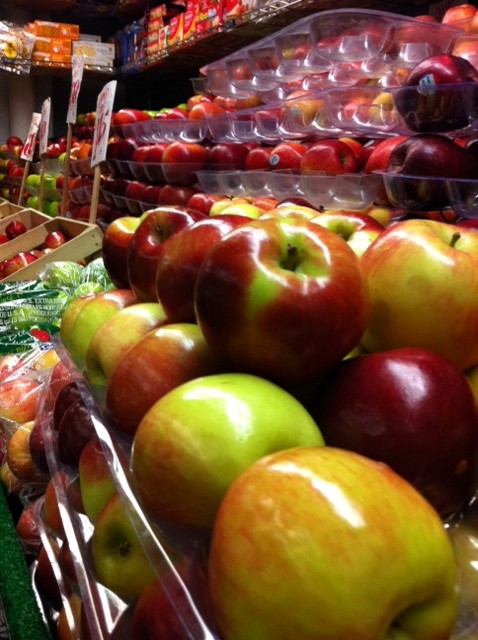We always say “You can’t put cheap fuel into a Lamborghini and expect it to perform”, the same logic goes for what ‘fuel’, or diet, your athletes consume.
An optimal diet for youth football players is essential for supporting their growth, development, and performance on the field. Here are some general guidelines for designing a balanced and healthy diet for young football players:
1. Macronutrients: Ensure that the diet contains an appropriate balance of macronutrients – carbohydrates, proteins, and fats.
- Carbohydrates: Carbohydrates are the primary source of energy for active individuals, including young football players. Encourage complex carbohydrates such as whole grains (brown rice, quinoa, whole wheat bread), fruits, vegetables, and legumes. Simple carbohydrates, found in sugars and processed foods (candy, sugary beverages, pastries). These should be limited as they can cause rapid spikes and crashes in blood sugar levels.
- Proteins: Proteins are essential for muscle repair and growth. Good sources of protein include lean meats, products, legumes, tofu, (we lean toward plant based sources).
- Healthy Fats: Fats are important for nutrient absorption. Include sources of healthy fats like avocados, nuts, seeds, and olive oil.
2. Hydration: Staying hydrated is critical for young athletes, there is no debate on this topic. Encourage drinking water before, during, and after practices and games.
3. Pre-Game Nutrition: Go light. Avoid heavy or greasy foods for obvious reasons. Our favorites include oatmeal, peanut butter (if not allergic) with sliced strawberry sandwiches, & citrus fruits.
4. Post-Game Nutrition: After games, focus on replenishing glycogen stores and promoting muscle recovery. Provide snacks or meals with a combination of carbohydrates and proteins. Whole grain pastas, fish, wild rice and beans, & lentils. Nothing beats a guacamole/ veggies/ lean meat/ beans burrito after an on field battle.
5. Snacking: Encourage healthy snacks throughout the day to maintain energy levels. Opt for in season fruits, vegetables, nuts, or whole-grain snacks. We are in the heart of summer and there are an abundance of fresh foods available to us.
6. Limit Sugary and Processed Foods: Minimize sugary drinks, candies, and processed snacks, as they provide empty calories and can negatively impact energy levels and overall health.
7. Timing: Encourage players to eat meals and snacks ‘on schedule’, that is to say within a reasonable time frame during the day, to ensure a steady supply of nutrients and energy throughout the day. Late night snacking does not work.
8. Individualization: Each player is unique, and their dietary needs may vary based on factors such as dietary allergens, age, weight, height, and activity level. Encourage players to consult with a registered dietitian or nutritionist for personalized advice.
9. Education and Balance: Foster a positive relationship with food and promote a balanced approach to eating. Avoid promoting restrictive diets or extreme eating habits, especially for young athletes. Teach the fundamentals of eating right and they will reap the benefits for a lifetime.
10. Be the Example: You can not expect your kids to adhere to a healthy eating if you are not.
A well-planned and balanced diet will help youth football players perform at their best and support their overall health and well-being. Remember nutrition matters.
